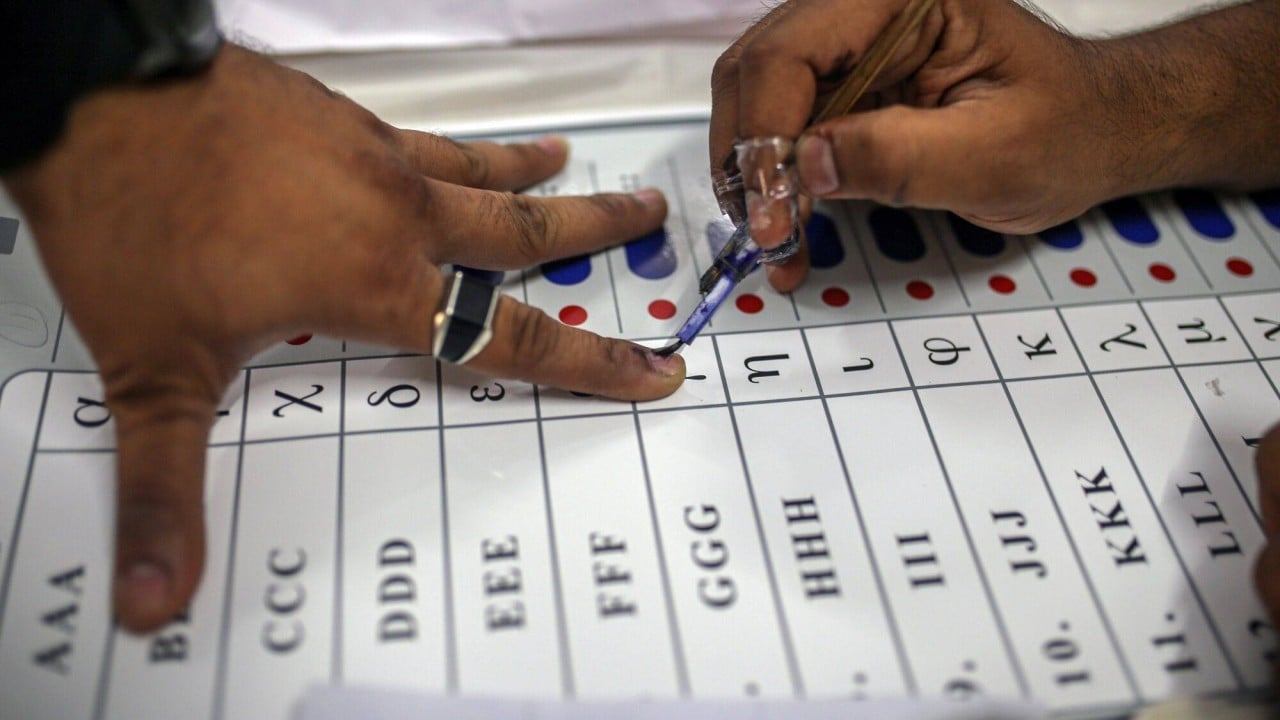India’s government has approved a plan to hold simultaneous national and state elections, sparking fears among opposition parties that the move could undermine the country’s parliamentary democracy by centralising power.
Advertisement
Last week, the federal cabinet endorsed a comprehensive report from a panel led by former President Ram Nath Kovind recommending synchronised polls to reduce costs and enhance governance efficiency.
Critics argue the proposal could shift India toward a presidential-style system, similar to the United States, that concentrates executive power and diminishes the current parliamentary framework under which state and national elections have little overlap.
Prime Minister Narendra Modi and his Bharatiya Janata Party (BJP) have long advocated for combining elections, asserting it would cut expenses.

Estimates of the cost of holding state elections vary from around 41.5 billion Indian rupees (US$500 million) every five years for all states combined, to about 55.5 billion Indian rupees on average. However, critics argue that any savings from the proposal would only be a fraction of states’ budgeted expenditures.

